I love to spend time with my kids! But sometimes, I also dread helping them with homework. Though necessary, homework isn’t on my top ten list of “most fun family activities,” and I’m guessing I’m not the only parent who feels that way! When you are parenting children with attention-deficit hyperactivity disorder (ADHD), doing schoolwork can quickly shift from an annoying ritual to painfully frustrating.
Why is schoolwork so difficult for children with ADHD? Consider some of the hallmark symptoms of ADHD:
- Difficulty paying attention, keeping on task, and following through
- Trouble getting organized, leaving tasks unfinished, forgetfulness
- Avoidance of tasks that require sustained mental effort
- Fidgeting
- Lack of focus, daydreaming
- Low tolerance for frustration
- Emotional turmoil
- Trouble waiting their turn, interrupting
Talk about a recipe for an unpleasant schoolwork experience! Naturally, these symptoms lead to much frustration when trying to complete a task that may not even hold their interest. This video gives strategies you can use with your child to help with ADHD-affected schoolwork woes. Understanding ADHD helps us develop empathy for our children’s struggles. So much of the difficult academic behavior needs to be reframed within the context of the ADHD diagnosis. We need to remind ourselves it’s the disorder making the work difficult, not the child. We are a member of our child’s ADHD care team (rather than disciplinarians). This distinction helps us to not feel at odds with our children, even when the behaviors stretch the bounds of our patience.
There’s another interesting angle to consider. According to a study by the CDC in 2015, children in foster care are three times more likely to be diagnosed with ADHD. Many child welfare professionals have begun to recognize the overwhelming percentage of children in care who are diagnosed with ADHD. Could it be that the effects of childhood trauma produce similar symptoms to ADHD, or ultimately lead to an ADHD diagnosis?
Dr. Nicole Brown, while completing her pediatric residency at Johns Hopkins Hospital in Baltimore, noted that many children diagnosed with ADHD also lived in households and neighborhoods where violence and chronic stress were common. She began to investigate further and saw something significant: trauma. She noted an overlap in the symptoms of complex developmental trauma and ADHD. The behaviors that stem from trauma could be mistaken for inattention. Additionally, impulsivity could also be attributed to an overactive fight or flight response.
Dr. Brown analyzed the results of a national survey exploring the health and well-being of 65,000. She discovered that children who had been diagnosed with ADHD had also experienced significantly higher levels of poverty, divorce, violence, and family substance abuse. In fact, children who had experienced four or more Adverse Childhood Experiences (ACEs) were three times more likely to utilize ADHD medication.
While the data is fascinating, there is limited scientific proof that trauma leads to ADHD. Some of the children in the referenced study could have been accurately diagnosed as having ADHD. However, the overlap of symptoms between trauma and ADHD is compelling. Dr. Brown’s discovery is an important one and should lead to careful screening for trauma by medical professionals in the process of evaluating for ADHD.
What does this mean for us as parents and caregivers of trauma-affected children who have been diagnosed with ADHD or are exhibiting symptoms of the disorder?
- We need to keep in mind that trauma symptoms can bear a strong resemblance to ADHD symptoms and that both issues can be present at the same time.
- We need to continue to focus on earning secure attachment with the children in our care.
- You – the secure, loving adult – can help your child heal. As our children experience felt safety and secure attachment, their brains begin to change and heal.












